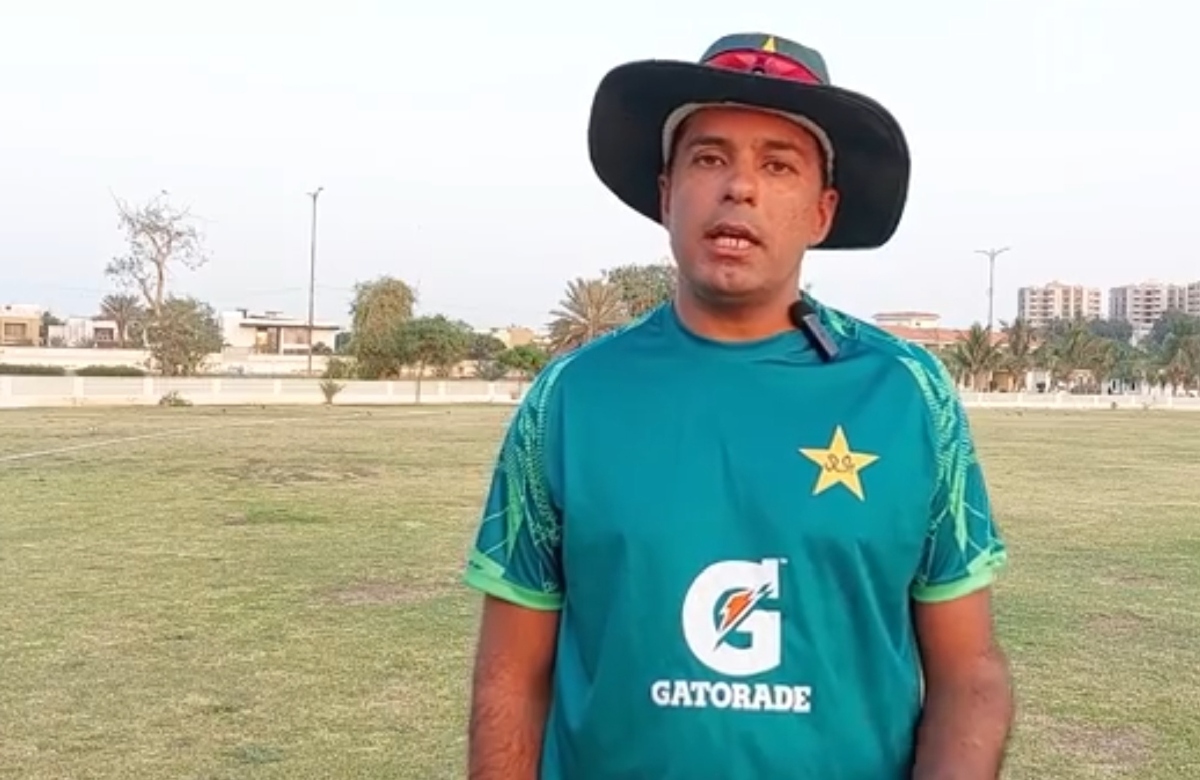In this exclusive interview, former Pakistan all-rounder Mansoor Amjad — now head coach of Sialkot and assistant coach with Pakistan U19s — opens up on his team’s strong run in the Quaid-e-Azam Trophy, the rise of young domestic stars, and Pakistan cricket’s grassroots revival.

By Saj Sadiq (November 9, 2025)
Key topics discussed:
Emerging talent:
"Mohsin Riaz has all the ingredients to play international cricket" – Amjad describes him as a calm player who can serve Pakistan for a long duration.
"Azan Awais is very, very close to international cricket." He noted that the second season of First-Class cricket is often the most challenging, and Awais worked hard on his physical fitness, mental toughness, and skill work in the off-season to prepare. Amjad stressed the need for him to spend more time in the domestic system to gain experience in different conditions and challenges so that when he does debut for Pakistan, he can "serve for a long time"
Athar's Mahmood comeback story: "Athar Mahmood was injured for two years. Now he’s back and bowling brilliantly" - Mansoor emphasized that after completing his rehab, Athar performed well in the Inter-District tournament, taking 30 wickets, and has been performing very well in the QAT.
Work ethic lesson: "Chris Jordan once said, ‘I’ve never seen a fast bowler like him in my life’" – On Mohammad Ali’s dedication, he said that Ali is "leader in the bowling department" whose "insane work ethics" (previously noted by Chris Jordan) and commitment are exceptional.
Grassroots revival: "Cricket is now expanding a lot at the grassroots level. All credit to the PCB" - He defended the current structure, stating that the PCB is now prioritizing Red-Ball cricket (Three-Day format) for players starting from the District Challenge Cup, up to the QAT.
Batting concern: "Our players don’t play enough spin in the nets. That’s why we’re struggling" - Pakistan's struggle against spin is due to a lack of adequate preparation. Players are heavily relying on training aids like robo-arms to complete practice quickly, rather than spending hours playing real spinners in the nets.
Need for Traditional Practice: He stressed that reading the spinner's hand and developing footwork happens by playing spinners frequently, and the PCB is now working to bring back these traditional practice methods.
Watch full interview with Saj here:




